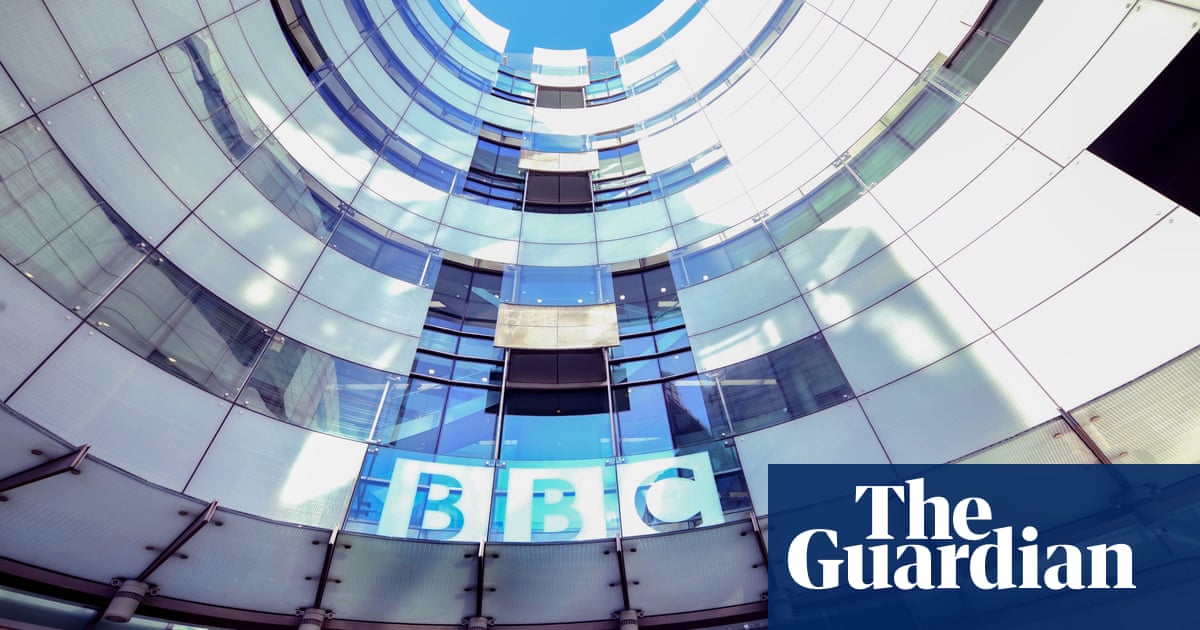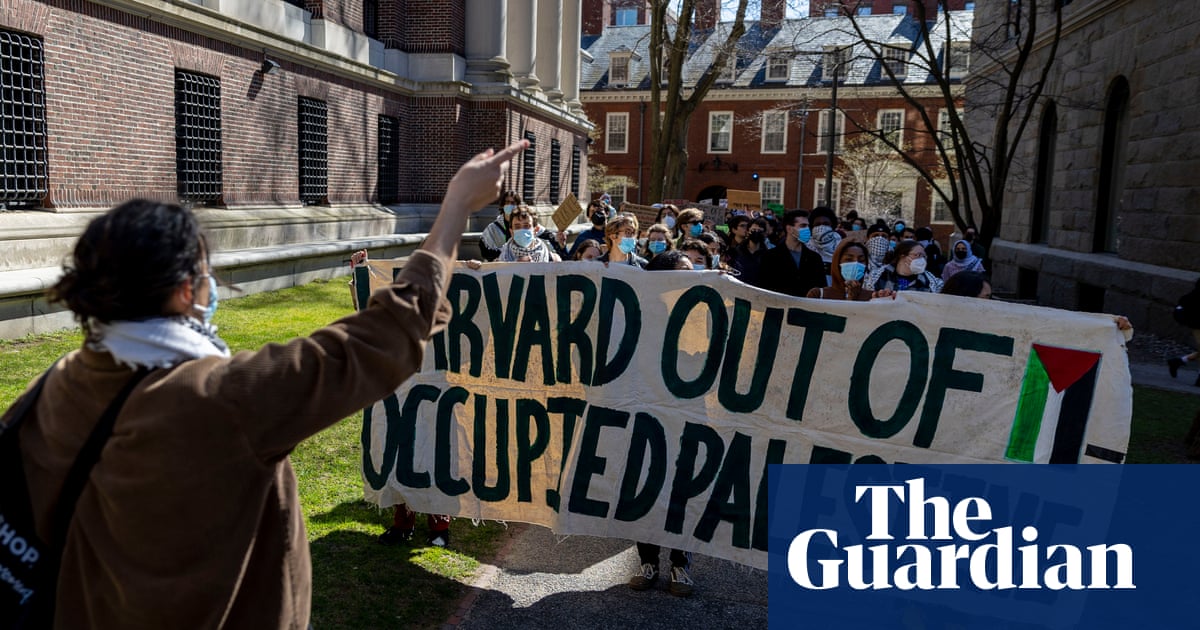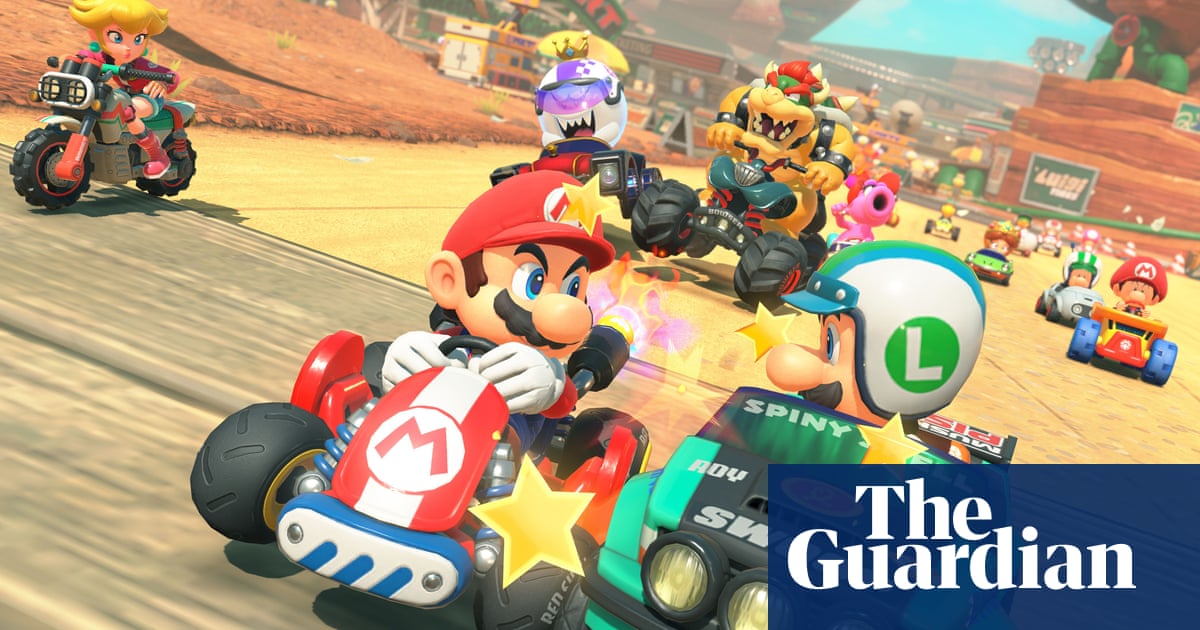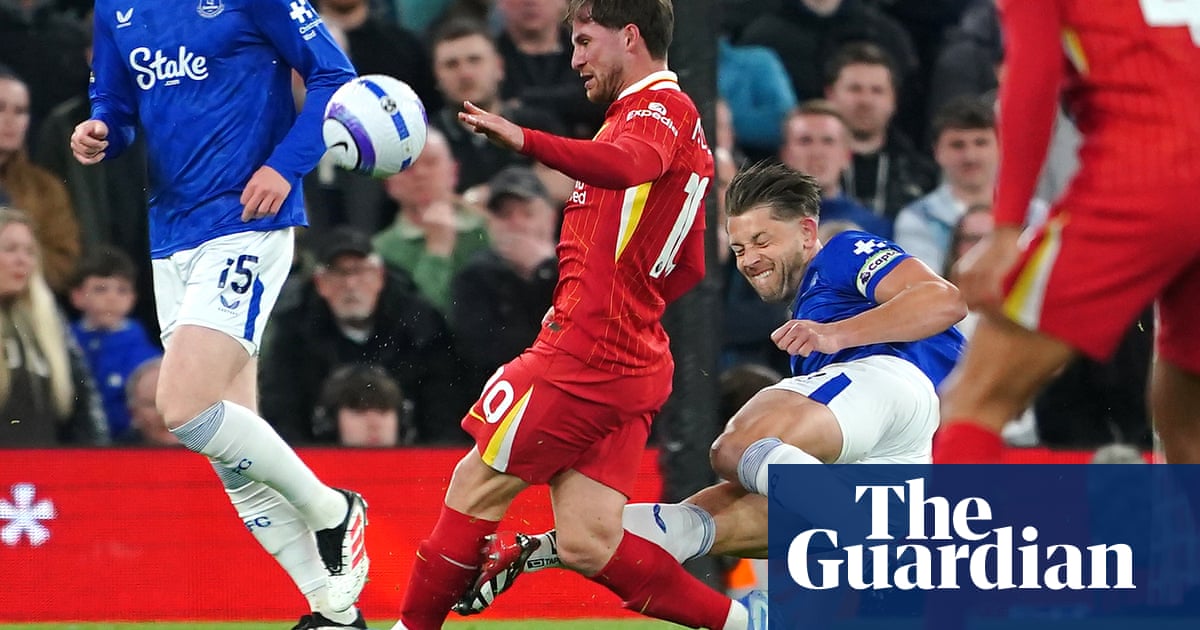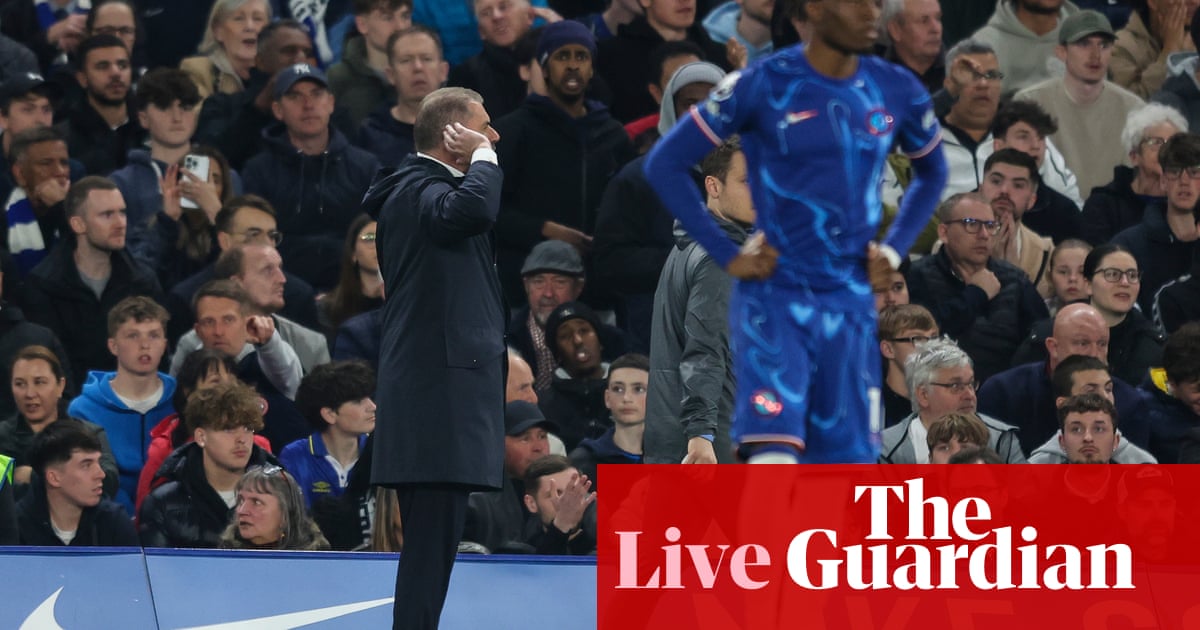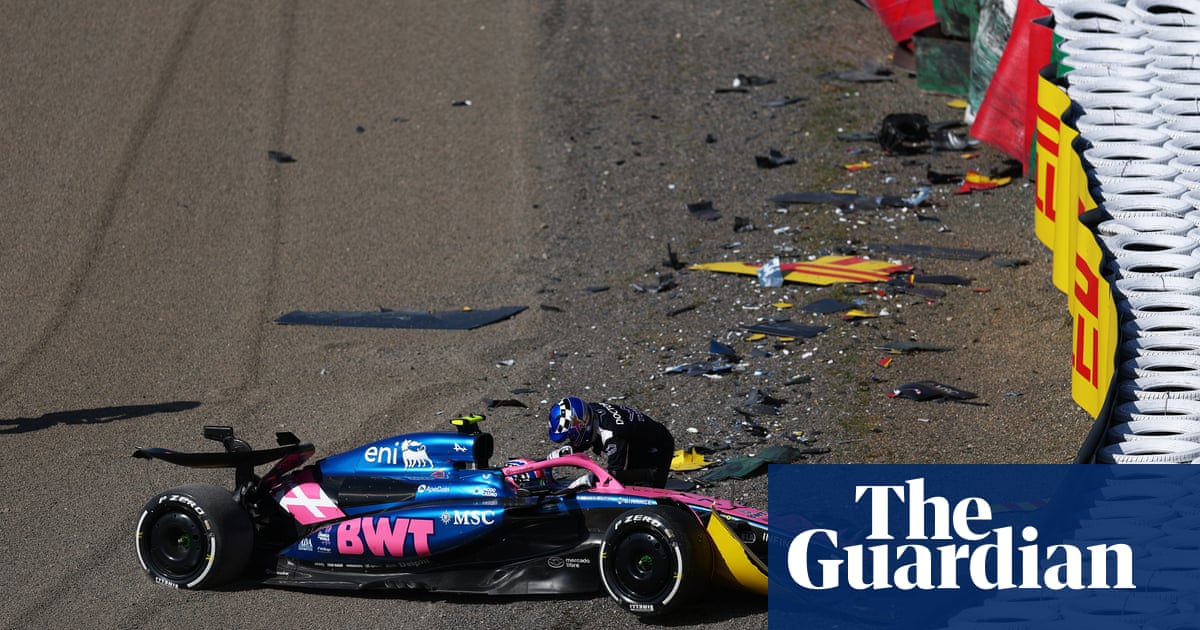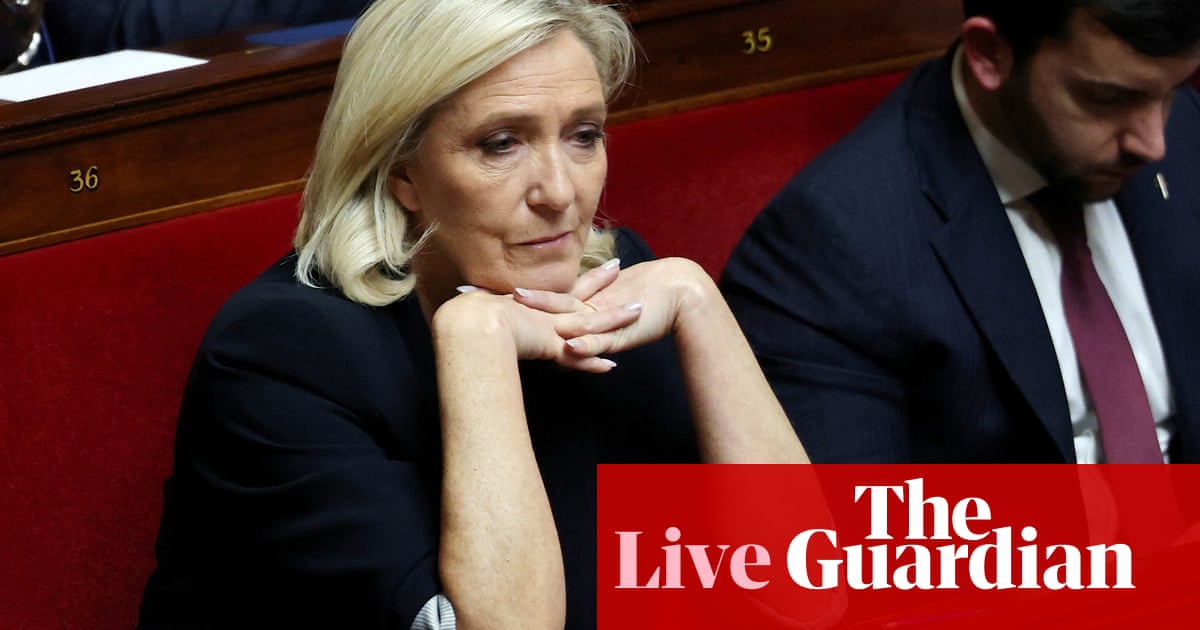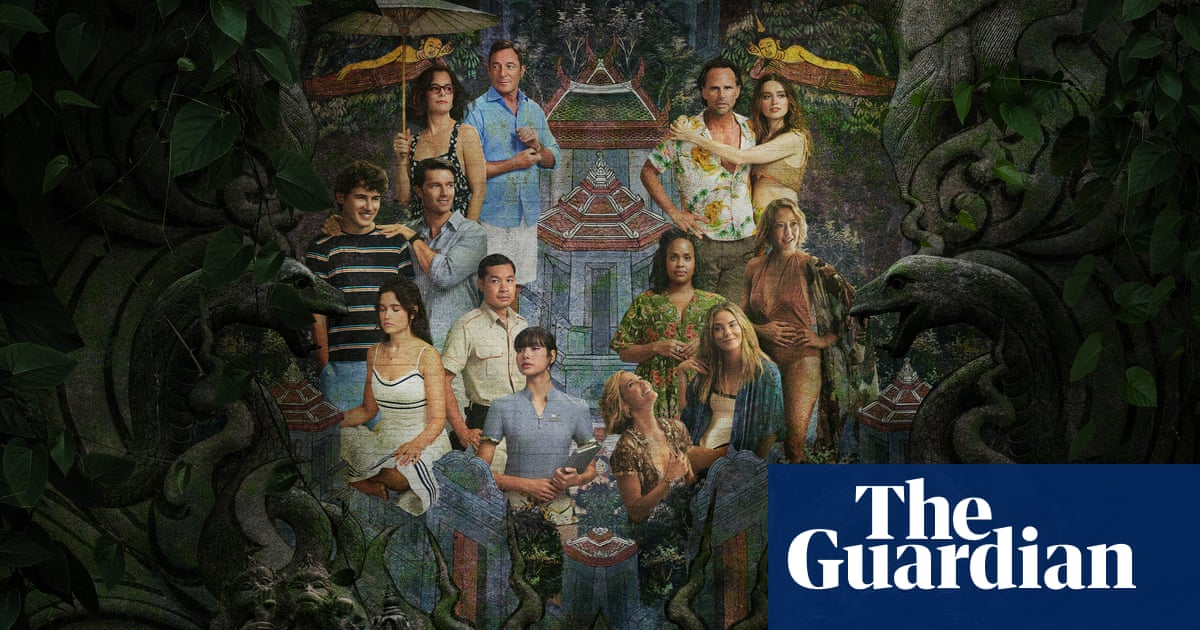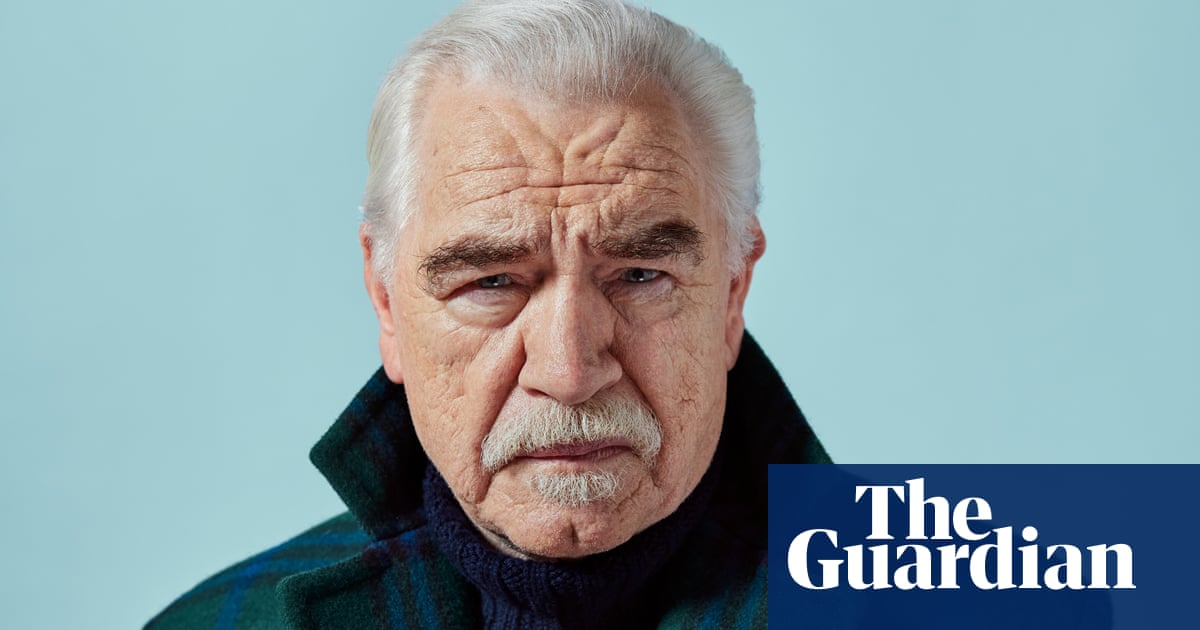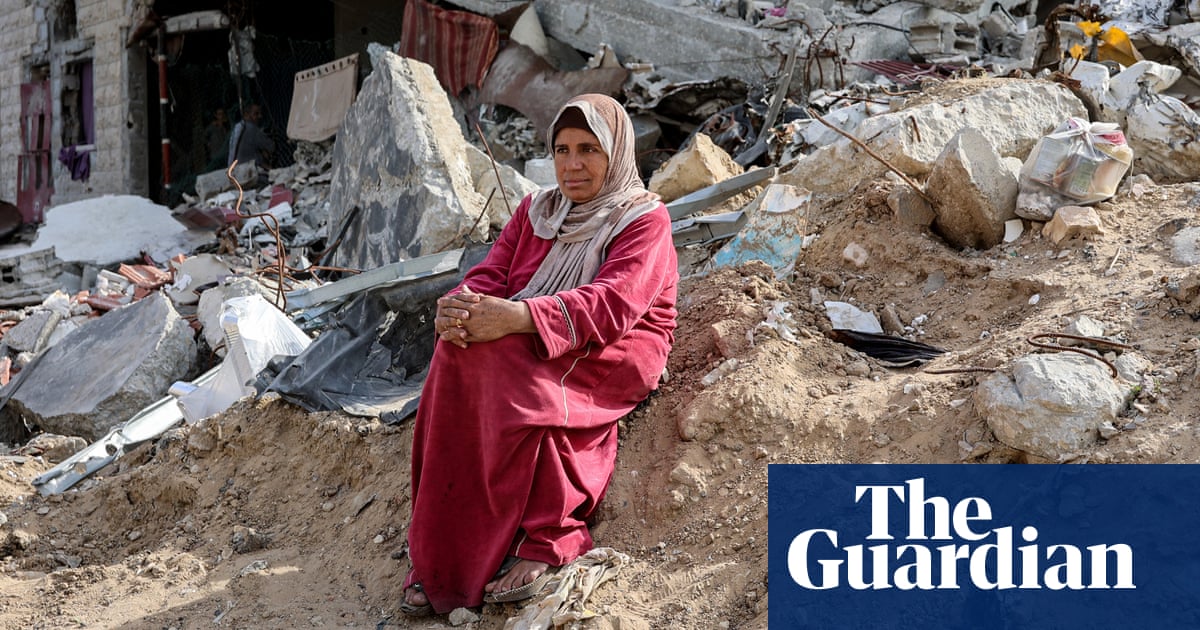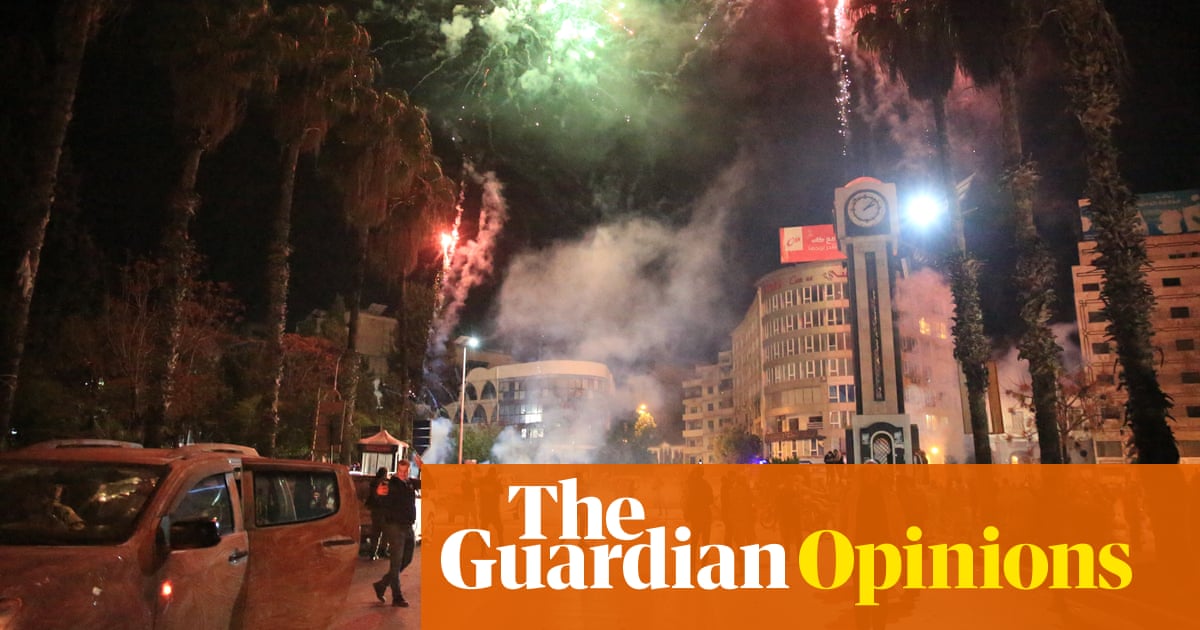About 1.4 million people in the UK have left the online dating scene in the past 12 months, but is that a sign that the apps don’t work or that people are turning away from dating altogether?
Ofcom’s 2024 Online Nation report shows that dating app use declined significantly between 2023 and 2024, with a drop of nearly 16% in the use of the top 10 most popular dating apps this year.
Tinder experienced the biggest loss, with more than half a million users abandoning the platform since May 2023. Bumble and Hinge were also hit hard, losing 368,000 and 131,000 users respectively in the same period.
According to researchers at the University of Leeds’ Centre for Love, Sex, and Relationships (CLSR), a contributing factor in the decline of online dating could be a sense of detachment from reality and fatigue at the process.
Natasha McKeever, a lecturer in applied ethics at the university and co-director at the CLSR, believes that people see virtual dating as a chore that needs doing, more than a social activity.
“It becomes tedious, and just feels like you’re doing admin, like you’re not connecting with anyone and you’re just trying to get through people,” she says. “You see it less like talking to real, individual people and you start seeing it like they’re all just cards in a deck.”
McKeever says that this feeling of disconnection means people have become more comfortable with sending abusive messages because they don’t fear the repercussions they would face in person.
“I think a lot of people see it like a game, they interact in ways that they would never interact with people in real life, because they’re behind a screen they don’t have to deal with the consequence of shitty behaviour.”
While the appetite for virtual dating has fallen, the data shows that the use of queer-oriented apps and sites has remained steady, with most being used as much as before, if not more.
Aside from Badoo – one of the most widely used dating app in the world, with a large market in Brazil – the only app to enjoy an increase in users was Scruff, which is designed for men seeking men. Other apps geared towards the LGBTQ+ community, such as Grindr and Squirt, experienced a smaller drop in users than more straight-marketed platforms.
Sophie Goddard, a tutor in applied ethics at Leeds University, believes that the continued use of dating platforms by the queer community is down to the fact that the apps are “more accessible for those who may not feel safe being visible or ‘out’ in physical queer spaces” while also creating a place for people to experiment and better understand themselves.
“Dating apps can also serve as a space to experiment with one’s sexual orientation,” Goddard said. “For those questioning their sexuality, dating apps may provide a space to experiment with self-presentation outside of heteronormative spaces.”
Another reason for the decline in interest is the monopolisation of dating apps in the UK. Of the 7.27 million users of 2024’s top 10 apps, more than half used apps operated by Match Group. The company owns the year’s two most popular dating apps, Tinder and Hinge, as well as the websites Plenty of Fish and Match.com.
Luke Brunning, a co-director at CLSR, said that modern digital dating gave users the illusion of choice but people were realising that there was little difference between platforms.
“We’re presented with an apparent choice, we’re told there’s all these different apps, different social media accounts, different influencers and sponsorships advertising them, but ultimately they’re all owned or work with a few massive companies.”
Brunning said that the handful of companies that controlled the online dating market were “very untransparent about their business practices and algorithms” which he feels is representative of the issues in online dating today.
“I think in a lot of ways the nature of online dating business-wise mirrors the user experience today. You have the illusion of the abundance of choice but in reality, none of it feels different, and none of it feels real.”

 3 months ago
97
3 months ago
97

